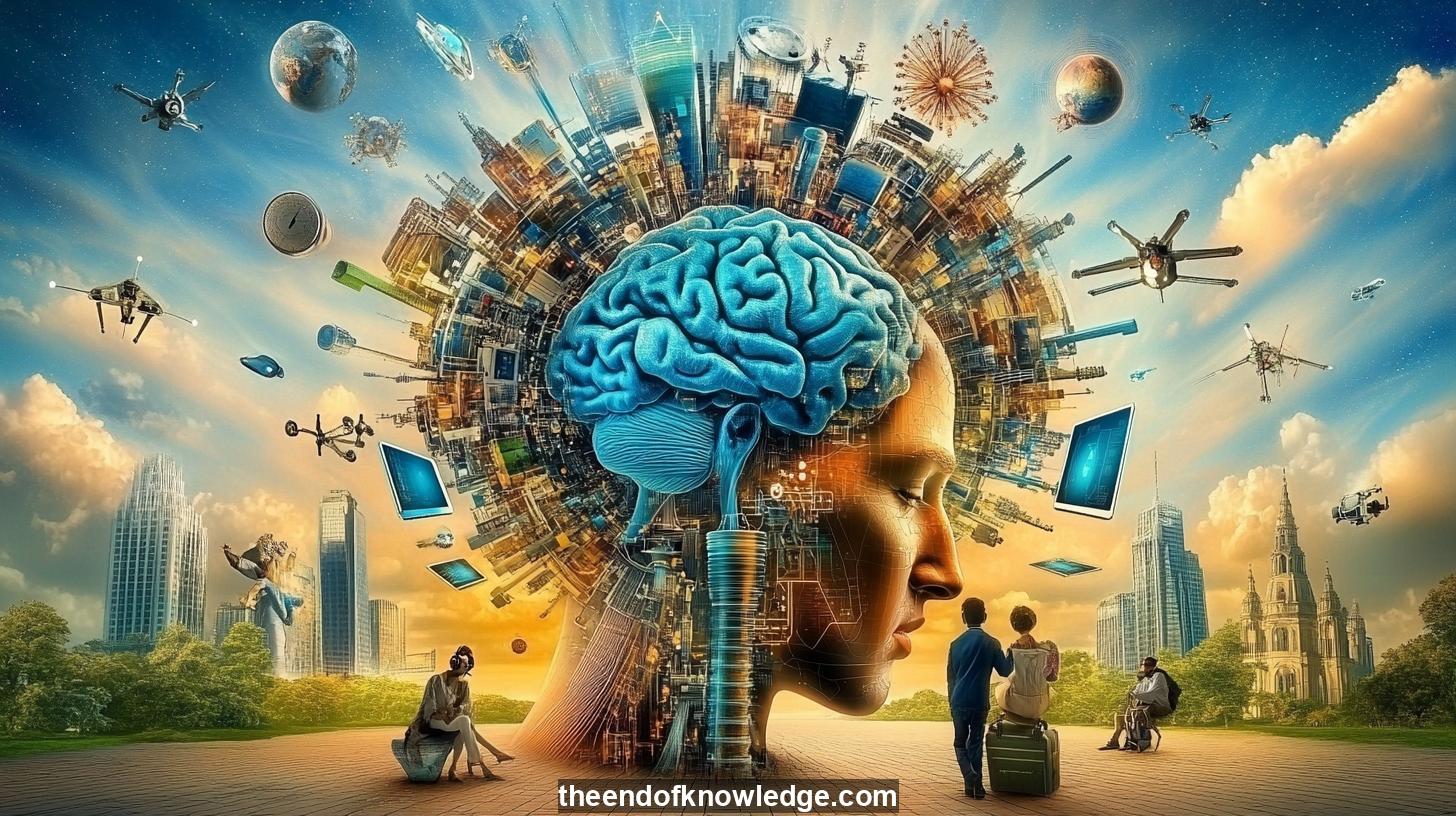 >
>
Concept Graph, Resume & KeyIdeas using DeepSeek R1 :
Resume:
30 Key Ideas:
1.- AI has evolved from rule-based systems to advanced machine learning models, significantly impacting industries like healthcare and finance.
2.- Deep learning models mimic the human brain's neural networks, enabling complex pattern recognition and decision-making.
3.- Data is crucial for training AI systems, but challenges arise in sectors like healthcare due to privacy and regulatory constraints.
4.- Quantum computing and neuromorphic technologies are expected to revolutionize AI by improving processing efficiency and reducing energy consumption.
5.- Ethical considerations, including privacy, security, and explainability, are critical in AI development and deployment.
6.- Collaboration between sectors is essential to maximize AI's potential while addressing its challenges.
7.- AI systems require transparency to build trust, particularly in high-stakes applications like healthcare and finance.
8.- The integration of AI with emerging technologies promises to solve complex problems across various domains.
9.- Education and retraining are necessary to prepare the workforce for an AI-driven economy.
10.- Public-private partnerships can accelerate AI innovation and implementation.
11.- AI ethics should be prioritized to ensure technologies are developed responsibly and equitably.
12.- The future of AI lies in hybrid systems combining classical and quantum computing for optimal performance.
13.- AI has the potential to transform industries by automating tasks and enhancing decision-making processes.
14.- The development of explainable AI (XAI) is crucial for regulatory compliance and user trust.
15.- AI applications in healthcare, such as personalized medicine, are promising but require careful navigation of ethical issues.
16.- The global race in AI development underscores the need for strategic investments in research and infrastructure.
17.- AI systems must be designed with inclusivity in mind to avoid biases and ensure equitable outcomes.
18.- The intersection of AI and neuroscience offers insights into human cognition and brain-computer interfaces.
19.- AI-driven solutions can address environmental challenges, such as climate change, through predictive analytics and optimization.
20.- Continuous innovation and adaptation are necessary to keep pace with the rapid evolution of AI technologies.
21.- AI education should be accessible to all to democratize knowledge and opportunities in the field.
22.- Governments and organizations must establish clear guidelines and regulations for AI development and use.
23.- AI has the potential to enhance creativity in fields like art and design by augmenting human capabilities.
24.- The economic impact of AI could be significant, requiring policies to mitigate job displacement and ensure fair distribution of benefits.
25.- AI systems must be resilient to adversarial attacks to maintain security and reliability in critical applications.
26.- The development of AI requires multidisciplinary collaboration to address technical and ethical challenges.
27.- AI can improve decision-making in public sectors, such as urban planning and resource allocation, through data-driven insights.
28.- The integration of AI in education can personalize learning experiences and improve educational outcomes.
29.- AI has the potential to revolutionize transportation through autonomous vehicles and smart logistics systems.
30.- The future of AI depends on balancing innovation with responsibility to ensure beneficial outcomes for society.
Interviews by Plácido Doménech Espí & Guests - Knowledge Vault built byDavid Vivancos 2025